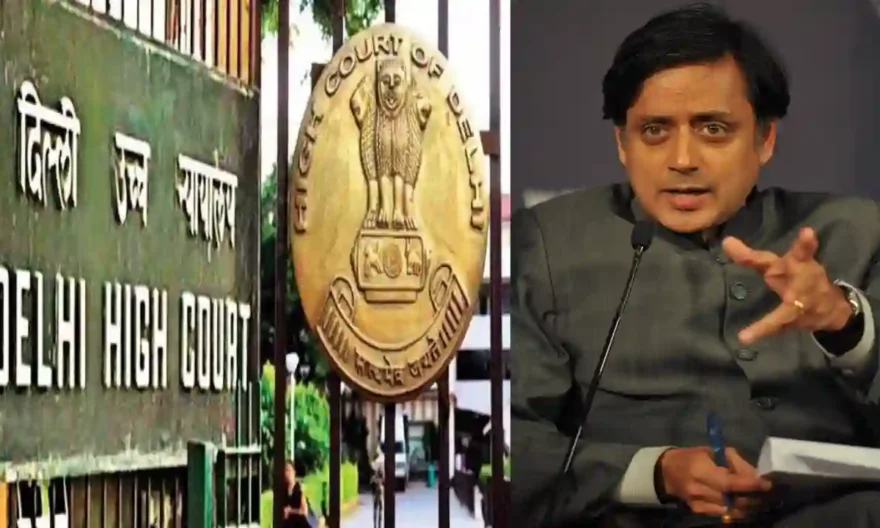
Congress MP, Shashi Tharoor on Tuesday opposes Delhi police’s petition for condonation of delay in filing a revision petition to challenge his release in the case involving the death of his wife Sunanda Pushkar in the Delhi High Court.
Justice Dinesh Kumar Sharma ordered that Tharoor’s response to the police’s plea be recorded and set the matter for further hearing on May 17.
Sunanda Pushkar was discovered dead in a room of a luxury Delhi hotel on the night of January 17, 2014. The couple was staying at the hotel while Tharoor’s official bungalow was being renovated. The Delhi Police filed an FIR after Pushkar was discovered dead in her suite.
In 2019, the Delhi Police requested that charges be filed against Congress MP Shashi Tharoor under Sections 498A (husband or relative of husband subjecting a woman to cruelty), 306 (abetment to suicide), or 302 (murder) of the IPC.
During the hearing today, Tharoor’s senior counsel informed the court that an application for delay condonation had been filed and had been given to the counsel for the Delhi Police.
The single-judge bench was hearing a plea from the Delhi Police against the Trial Court’s order discharging Tharoor in the death of his wife Sunanda Pushkar.
It should be noted that the Delhi Police moved to High Court in December 2022, challenging the Trial Court’s order discharging Tharoor in connection with his wife’s death.
Notably, on August 18, 2021, Rouse Avenue Court Special Judge Geetanjali Goel discharged Tharoor of all charges brought by the Delhi Police.
Pahwa told the court during the arguments that the SIT investigation cleared Tharoor of all the charges levelled against him. He had also requested Tharoor’s release from the case, claiming that there was no evidence against the politician implicating him in the case under Sections 498A or 306 of the IPC.
The Prosecution, on the other hand, had urged the Court to charge Tharoor based on the existence of a prima facie case for trial under Section 221 of the CrPC.




